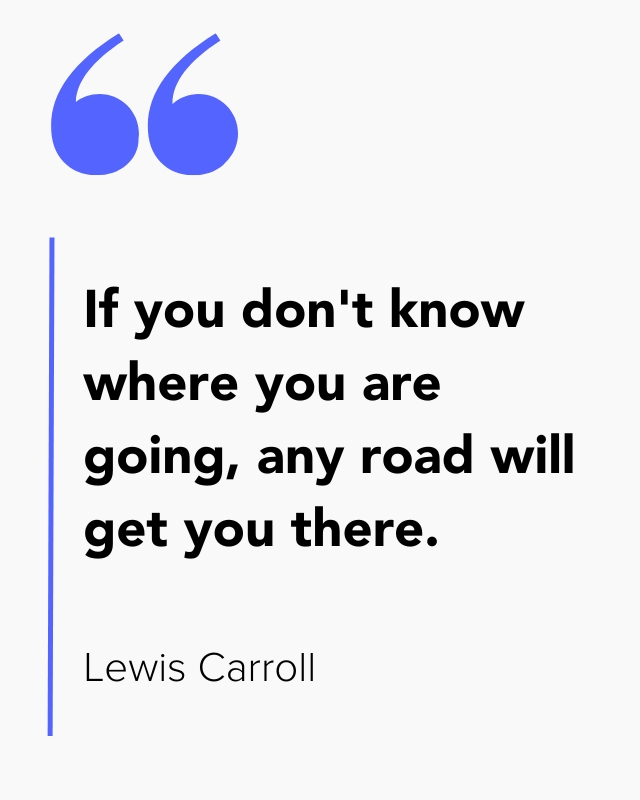According to CNBC, job cuts have soared to 270,416 so far this year as of April 6, 2023— an increase of 396% from the same period a year ago. This year is turning out to be a tough one, especially for those in the tech sector.
Whether you’ve recently faced a layoff or you’re just ready for something new, landing your new job will start with a job search. Here’s what you need to know about starting your search on the right foot.
3 tips for starting your job search
Many people start updating their resume or scheduling coffee chats. Both are good actions to take, but not where you should start. Instead, think about the following.

1. Define what you are looking for
It seems obvious, but few people pause to determine what job they actually want. You are likely going to dedicate 40+ hours a week for the next several years to this new company.
Isn’t it worth spending a few minutes to ensure it aligns with your personal values and helps propel you on your desired career path?
2. Define your values
Values are not just beliefs, but what you consider innately worthwhile. If your personal values do not match those of your company and role, then you are unlikely to be successful. More importantly, you are unlikely to be happy.
To determine your personal values, grab a notebook and ask yourself:
- What activities or experiences give you energy?
- What makes work meaningful?
- When do you experience your flow state? What are you doing? What environment are you in?
- Think about a situation when you were really frustrated. What was at the core of that experience? It’s likely that one of your values was being violated. Capture that.
- Think about a person you really admire or see as a role model. What do you admire about them? Add this to your list.
As you think through these questions, jot down the values they represent. Are you frustrated when there is a lack of accountability? Do you thrive in an environment that encourages exploration? Are you driven by status?
Go broad with your list at first. Capture all values that come to mind. Then go back to whittle down the list to the top five to ten values that really speak to you. Congrats! These are your career values. Keep these values in mind as you evaluate potential career options and ask questions to ensure there is strong alignment.
Looking for inspiration? Download this free exercise, which includes 100+ personal values.
3. Define your job criteria
Now that you know your personal values, the next step is to define what is most important to you in a job. The mistake most people make is limiting their thinking to their next job. Instead, you should think two to three jobs ahead.

Grab that notebook again and ask yourself…
- Where do you hope to be in two to three jobs?
- What story do you need to be able to tell to get there?
- What skills or experiences do you need to gain?
- What pace of work is right for you at this time in your life?
Based on your responses, you should start to hone in on what criteria is most important to you for your next job. For example, if you aspire to be a GM in the future, perhaps you prioritize a role with the broadest scope. This allows you to maximize your autonomy and opportunity to drive impact. Or perhaps you want to be a consultant and it would be helpful to have a well known and respected company brand name on your resume.
List your key job criteria and then force yourself to prioritize this list. It’s too easy to claim that everything is important. If you know where you want to go, the tradeoff decisions become easier. For example, it might make sense to give up compensation to transition to a new industry. Or to take a more junior title in exchange for working for an influential and respected manager.
Use this free framework to help you capture and prioritize what is most important to you. You can then use this as a guide to which jobs to pursue. It is also valuable for evaluating which job offers to accept!
Start your job search at the end
As tempting as it is to jump in with both feet and start applying to jobs, this is not a strategic way to start your job search. You will likely spend more time applying to jobs and ultimately land in a role that is not the best fit for you.
Instead, take a few minutes to define your personal values and job criteria. Thinking about where you want to end up will provide greater clarity on the path forward and shine the light on your ideal job. Good luck!

